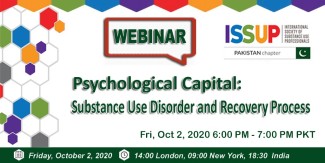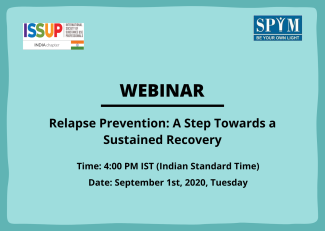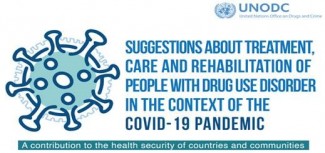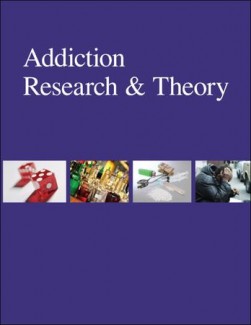The Talking Route to Recovery. Effectiveness Bank Alcohol Treatment Matrix Row 4
View this message as a web page
Time to consolidate the lessons of row 4 of the Alcohol Treatment Matrix, all about therapies in which human interaction is intended to be the main active ingredient -...





